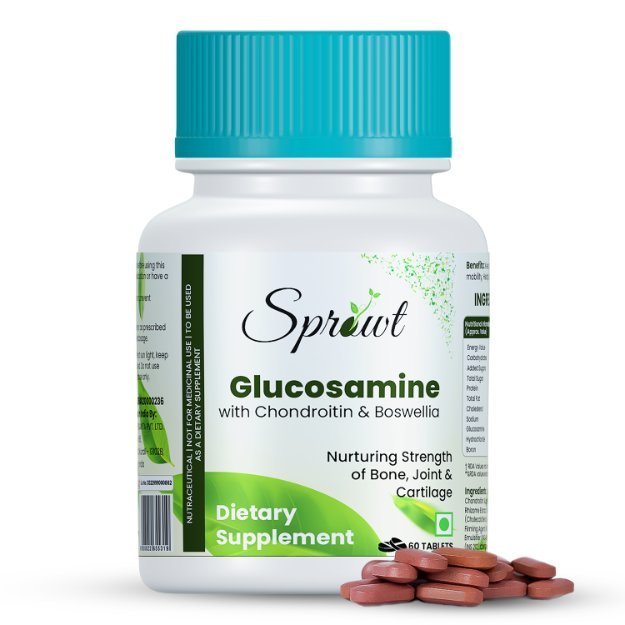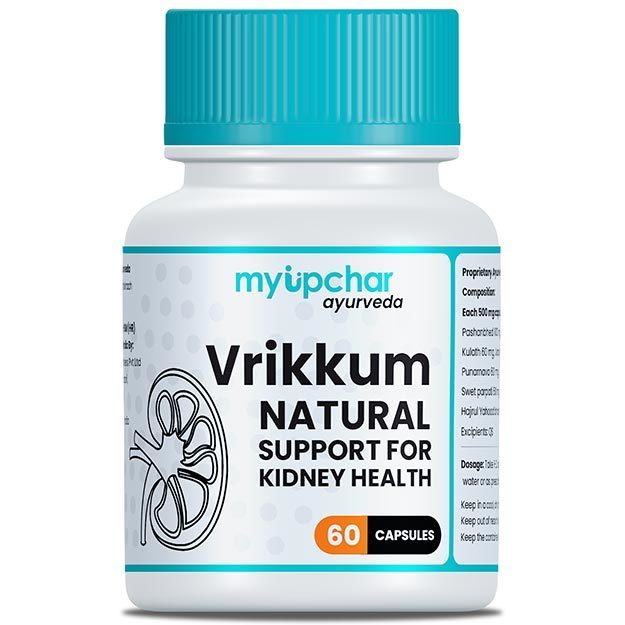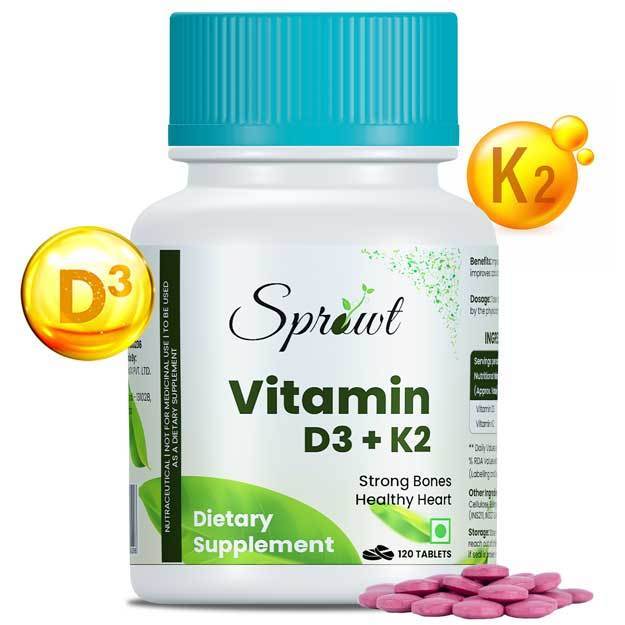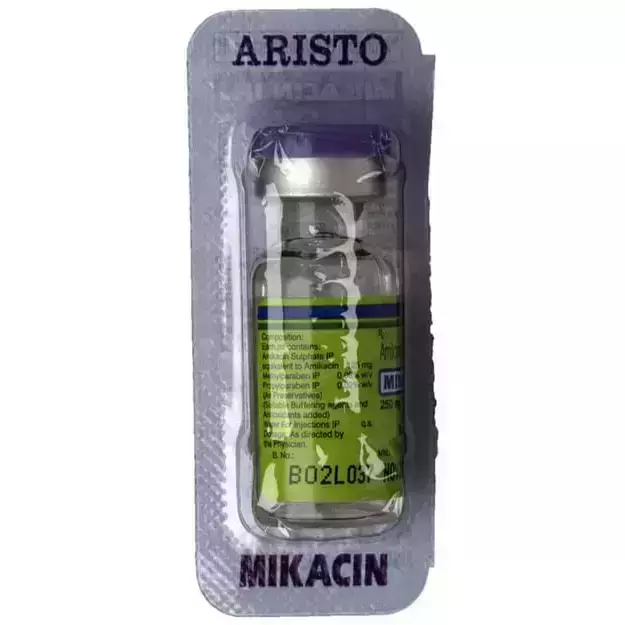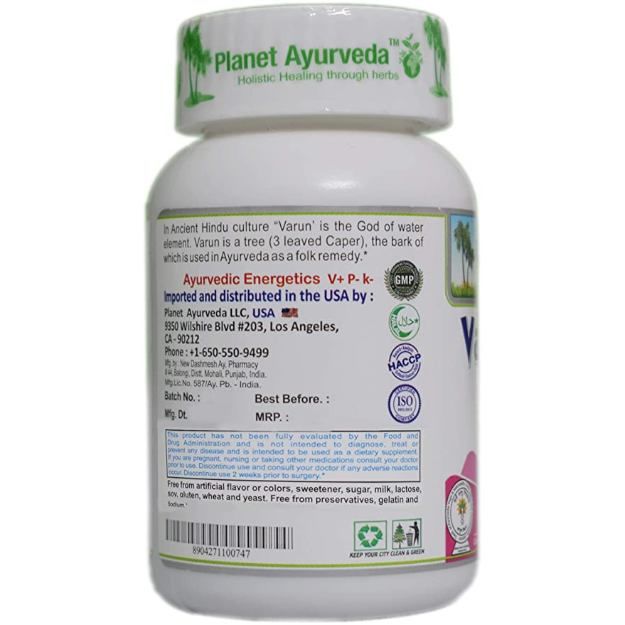Amiron is a commercial drug that is prescribed in the form of Injection. It is primarily used for the treatment of Urinary Tract Infection. Amiron also has some secondary and off-label uses. These are listed below.
Medical history of the patient along with age and gender determines the dosage of Amiron. Individual symptoms and route of administration also determines the right dosage. This information has been provided in detail in the dosage section.
Apart from the aforementioned side effects, Amiron can also lead to other problems, which have been listed below. These side effects of Amiron are usually temporary and subside with the completion of treatment. If, however, they worsen or do not go away, please speak with your physician.
Furthermore, you should know that effect of Amiron is Severe for pregnant women and Unknown for women who are breastfeeding. In addition, Amiron's effects on the liver, heart and kidney are discussed below in the Amiron related warnings section.
Individuals suffering from medical conditions like Dehydration, Parkinson's Disease, Hearing Loss must refrain from the use of Amiron since this can cause severe adverse effects. The section on Amiron contraindications lists all such conditions.
Drug interactions for Amiron have been reported in the medical literature. Refer to the list below for further details.
In addition to these precautions, you may also note that Amiron is safe while driving, and is is addictive in nature.
X













